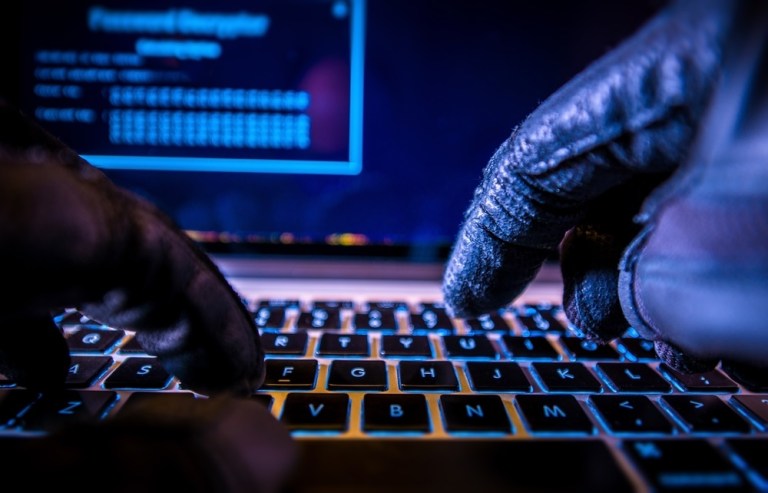Sources told Reuters that the international police organization made the decision at its conference in Lyon, France last week to release a version of the resolution introduced by the FBI in the hopes of getting companies to give law enforcement access to user communications when needed.
“Service providers, application developers and device manufacturers are developing and deploying products and services with encryption which effectively conceals sexual exploitation of children occurring on their platforms,” a draft of the resolution said. “Tech companies should include mechanisms in the design of their encrypted products and services whereby governments, acting with appropriate legal authority, can obtain access to data in a readable and useable format.”
But not everyone agrees with the move. Earlier this month Facebook said it is going to enhance encryption capabilities on its Messenger communication platform, despite requests from lawmakers and regulators not to do so.
“This proposal will endanger people who rely on strong encryption to keep them safe, including from hackers and repressive regimes,” said a spokesman for Facebook, which one of the tech companies in Lyon for the conference. “It will also weaken the online security of over a billion people.”
And tech activists are upset about giving government agencies such easy access to user info, warning that if an international company provides hacking capability in one nation, then it might also provide it across borders.
Advertisement: Scroll to Continue
“The idea that the U.S. is so concerned about having lawful exceptional access to end-to-end encryption that they are willing to spread that to nearly every jurisdiction in the world, including authoritarian states with which we would otherwise not share information, is unthinkable to me,” said Andrew Crocker, an attorney at the nonprofit Electronic Frontier Foundation. “To give that power to Russia, China and other authoritarian states is complete dereliction of duty of the U.S. government to protect us.”

